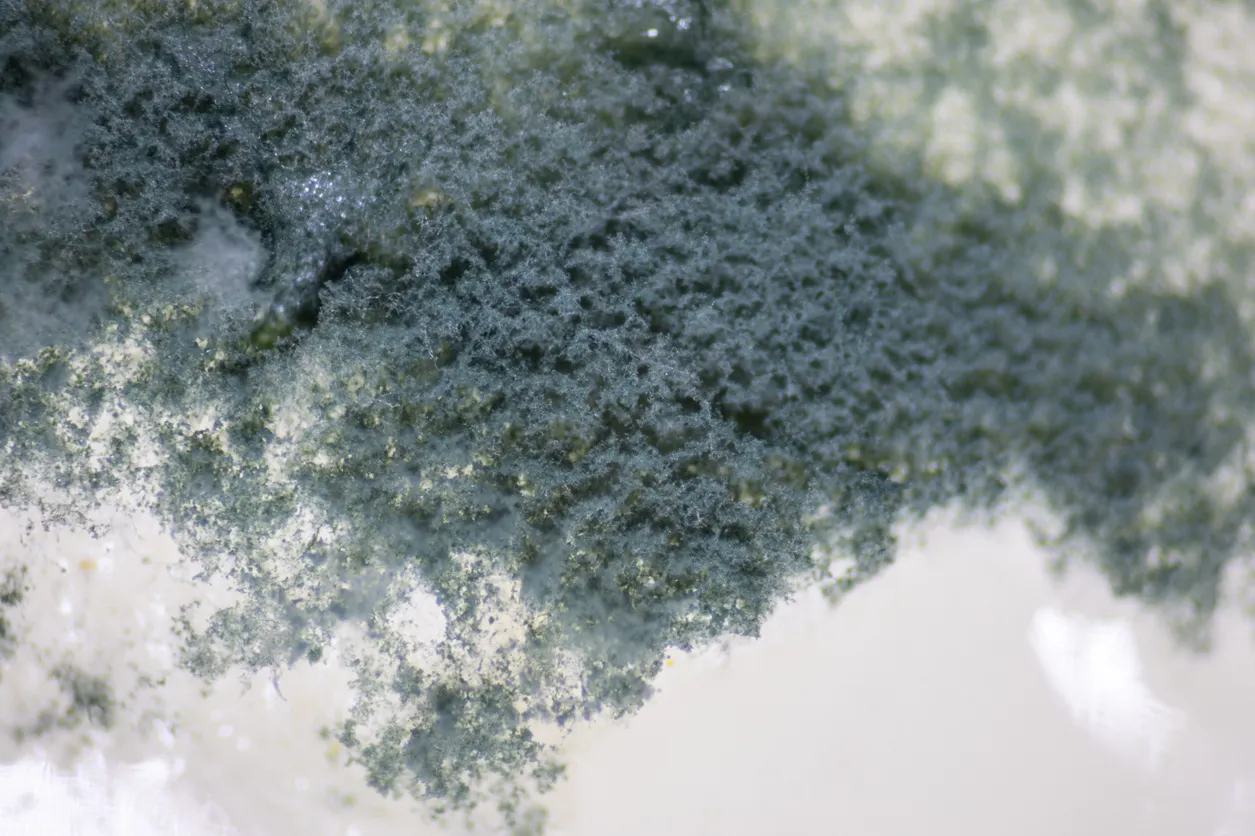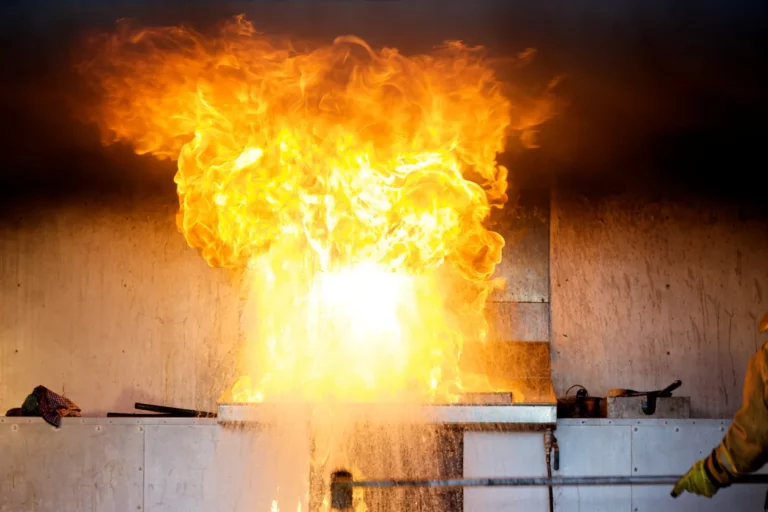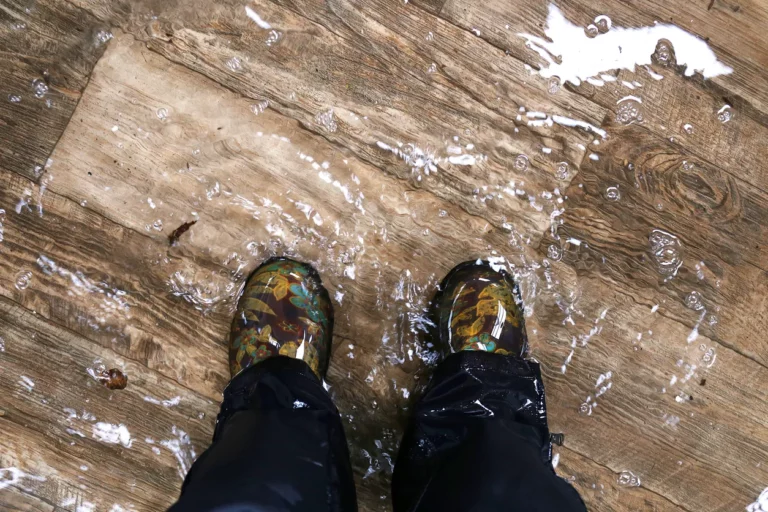Seven Things You Should Know About Mold
1. Mold plays a crucial role in nature as a decomposer. It breaks down dead organic material, such as fallen leaves, wood, and plant matter, aiding in the recycling of nutrients back into the ecosystem. Mold reproduces by producing tiny spores. These spores are lightweight and can travel through the air, allowing mold to spread and colonize new areas. They can also survive in harsh conditions and remain dormant until suitable conditions arise.
2. Mold spores can cause allergic reactions in some individuals, leading to symptoms such as sneezing, itching, watery eyes, and respiratory problems. Prolonged exposure to certain molds, like Stachybotrys chartarum (commonly known as black mold), has been linked to more severe health issues.
3. Mold can grow in hidden or inaccessible areas, such as within walls, under carpets, or behind appliances. This makes it challenging to detect and address the problem promptly. Mold growth often produces a musty odor that can be difficult to eliminate. This odor can permeate the affected area and affect indoor air quality.
4. The elimination of mold is extremely important because it can affect the price of the property. Mold damage can decrease the value of a property. Buyers and renters may be hesitant to invest in or occupy a building with a history of mold problems.
5. The mold damage can cause some troubles for getting the insurance because some insurance policies may not cover mold damage or have specific limitations and exclusions. That is why it is very crucial to review your insurance policy to understand the coverage provided for mold-related issues.
6. Mold had an immense impact on history of medicine worldwide. Some molds, such as Penicillium, produce compounds that have antimicrobial properties. The discovery of penicillin, derived from the Penicillium mold, revolutionized medicine by providing an effective and essential treatment for bacterial infections.
7. According to the National Institute for Occupational Safety and Health (NIOSH), there are over 100,000 known species of mold, but it is believed that the actual number could be much higher, potentially reaching into the millions.


